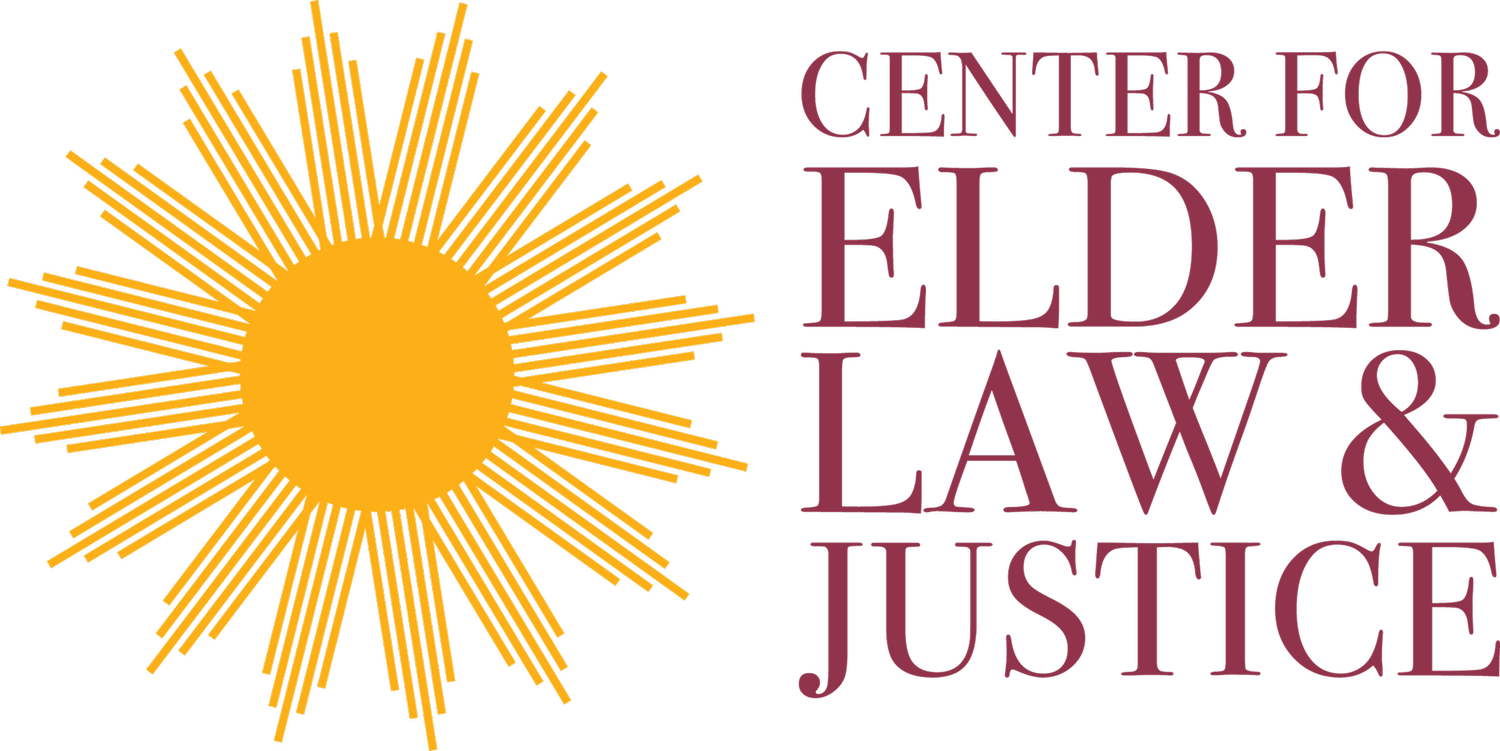How Older Workers Can Solve Your Hiring Problem
I have been working in the aging field for my entire career. Over the years, we have spent a considerable amount of time planning for the aging New Yorkers who would need our services (legal services, meals-on-wheels, home health care etc.) over the next few decades. We also discussed the huge shift we expected to see in the workforce as we foresaw millions of baby boomers retiring and not enough younger folks to replace their ranks. All of these scenarios have come to fruition as people over 65 already outnumber children under five in New York. By 2034 there will be 77.0 million (previously 78.0) people 65 years and older compared to 76.5 million (previously 76.7 million) under the age of 8 in the US.
Since we knew this was coming, I find it very frustrating when I hear pundits talk about how the hiring crisis is a result of the younger generation opting out of work. While I understand that Millennials and Generation Z view work differently than Generation X or Boomers, the demographic change in terms of pure numbers was predicted more than a decade ago. However, despite the substantial number of older adults who want to continue to work, very few businesses are actively engaged in efforts to retain and recruit this vast untapped market of potential workers. In New York, we are working on a Master Plan for Aging with the goal of changing that.
Under the leadership of Governor Kathy Hochul, New York State has embarked on a State Master Plan for Aging (MPA). The MPA is designed to ensure that older adults and individuals of all ages can live healthy, fulfilling lives while aging with dignity and independence. The effort is being led by the NYS Department of Health and the NYS Office for the Aging and builds on decades of work and partnerships with state agencies, local governments, and stakeholders. First announced in Governor Hochul’s State of the State Address and Fiscal Year 2023 State Budget, the MPA process was further directed by Executive Order No. 23, which Governor Hochul signed on November 4, 2022. I am one of the 28-member Advisory Committee members and chair the Workplace Engagement Work Group with a charge to “…focus on programs and protections to facilitate ongoing engagement in the workforce for older New Yorkers. That will include legal protections against ageism, workforce training, education about training and ageism protection resources, and engagement with employers to develop formal programs for employing older New Yorkers.”
If you are a hiring manager who used to get fifty resumes for a job and now feel lucky to get a handful, it makes sense to invest in hiring older workers. I understand that not all older workers are the same and not all careers are appropriate for age diversity (I would guess most people doing manual labor do not wish to do so into their 70’s or 80’s). But there are a few generalizations that I believe to be true:
· Older workers are loyal. I have found this to be true especially if, as an employer, I am willing to invest in skills training and give folks meaningful work, but it is also partially a generational mindset. Older workers were raised to believe in institutions, just as younger generations now are much more questioning of those same institutions. According to a study by Bain & Company of 19 countries, 71% of workers over the age of 62 felt loyalty to their employer, a much higher rate than the younger demographics polled.[1]
· Older workers have historical knowledge. Although we all know that change and innovation feed business/nonprofit success, we should not dismiss the older workers who spent the time to specialize and built up an expertise that is irreplaceable. Some “new ideas” have been tried and tested before and we lose that knowledge when our older workers leave our organizations. In my organization, our Managing Attorney, Helen Ferraro-Zaffram, is retiring next year after more than thirty years at CELJ. She spent those years building networks, friendships, and expertise that a younger person has not yet had the time to develop.
· Older workers will remain at your company longer. According to the Bureau of Labor Statistics, the medium job tenure is 4.1 years, but it varies widely by age. Median employee tenure was higher among older workers than younger ones. For example, the median tenure of workers ages 55 to 64 (9.8 years) was more than three times that of workers ages 25 to 34 years (2.8 years). Also, a larger proportion of older workers than younger workers had 10 years or more of tenure.[2]
AARP has a great tool to help you build an Age-Diverse Workforce. You can find it here. Some of their suggestions include investing in training of older workers, allowing phased retirement and dual mentorship (whereby older and younger workers are paired and can share knowledge in both directions). At CELJ, we have added age to our DEI Committee, so that these issues stay on our radar. By retaining older workers, we can build a stronger, happier workforce and save money on recruitment, training, and onboarding of new employees. It’s a smart business decision in this job market, and also the right thing to do. Everyone wants to continue to add value as they age and for many of us, that means working for as long as we can, and desire, to do so.
[1] James Root et al., Better with Age: The Rising Importance of Older Workers, Bain & Company, available at https://www.bain.com/insights/better-with-age-the-rising-importance-of-older-workers/ (last visited Oct. 12. 2023).
[2] Elizabeth Perry, How long should you stay in a job? This guide will help you figure it out, June 1, 2022, available at https://www.betterup.com/blog/how-long-should-you-stay-in-a-job (last visited Oct. 12, 2023).
